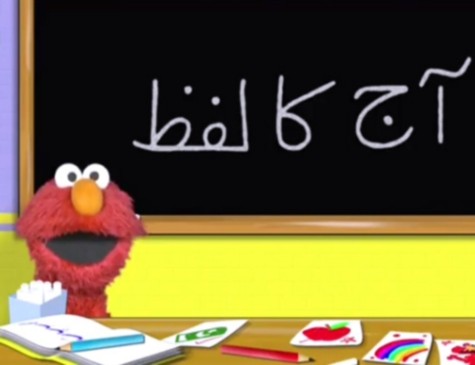The Pakistani version of “Sesame Street” has lost its U.S. funding. The U.S. was funding the show to the tune of $20 million through the U.S. Agency for International Development, but has ceased offering the funding after the first $10 million was provided.
There are differing explanations for the decision; the Pakistani government is accusing the puppet theater that worked on the show, the Rafi Peer Theater Workshop, of corruption, saying that Rafi Peer used the U.S. funding to pay off debts as well as giving lucrative contracts to relatives of theirs.
The chief operating officer of Rafi Peer, Faizaan Peerzada, denied the charges, saying that the cut in funding occurred because there were no additional funds available.
In Pakistan, one-third of primary school-age children are not in school. Thus the U.S wanted to help fund education in a general way; each show, just as the American version, is centered around one word and one number. But there was also another reason for the U.S. to back the show: “Sesame Street” champions the ideas of friendship and diversity, and in Pakistan, where Islamist extremists target other religious sects, this was seen as a useful adjunct in the West’s attempts to moderate the fanatical views prevailing in Pakistan.
The U.S. aid program in Pakistan, which has invested many billions of dollars, has been criticized for being unfocused and unsuccessful. It would suffer another blow if “Sesame Street” fails.

COMMENTS
Please let us know if you're having issues with commenting.